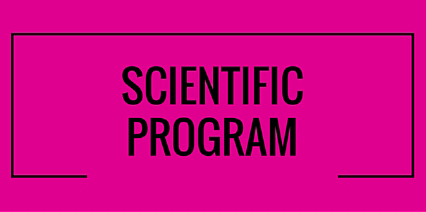
Banan Abbas Mustafa Osman
Bristol Urological Institute, UK
Title: Medical expulsive therapy for ureteric stones: Analysing the evidence from systematic reviews and meta-analysis of powered double-blinded randomised controlled trials
Biography
Biography: Banan Abbas Mustafa Osman
Abstract
Urinary tract stones affect 1–15% of the general population and the incidence is on the rise. Annual costs for stone disease have rapidly increased over the years and most patients with ureteral colic or other symptoms seek medical care. This has led to a plethora of research into the field aiming at finding a medication that will increase stone passage, shorten time to passage, and alleviate pain. The role of medical expulsive therapy (MET) is debatable with studies showing benefit for medical expulsive therapy (MET), whilst others reported no benefit. However, despite the multitude of trials published, the debate remains, as most of the research is riddled with bias and confounding factors. We therefore conducted a Cochrane style systematic review and a pooled meta-analysis on published literature from 1990 to 2016, to include low risk of bias (RoB) randomised controlled trials (RCTs) and a power calculation to investigate the efficacy and safety of medical expulsive therapy (MET). Pooled analysis of powered RCTs with low RoB would suggest, MET with the use of an a-blocker does increase stone expulsion rates (a-blockers 78% vs. 71% control) (P<0.001). Furthermore, their role is more significant for larger (>5 mm) stones (a-blockers 75% vs. 61% control) (P=0.02) and stones in the lower ureter (a-blockers 83% vs. 72% control) (P<0.001). However, MET was associated with side-effects, albeit not severe.

